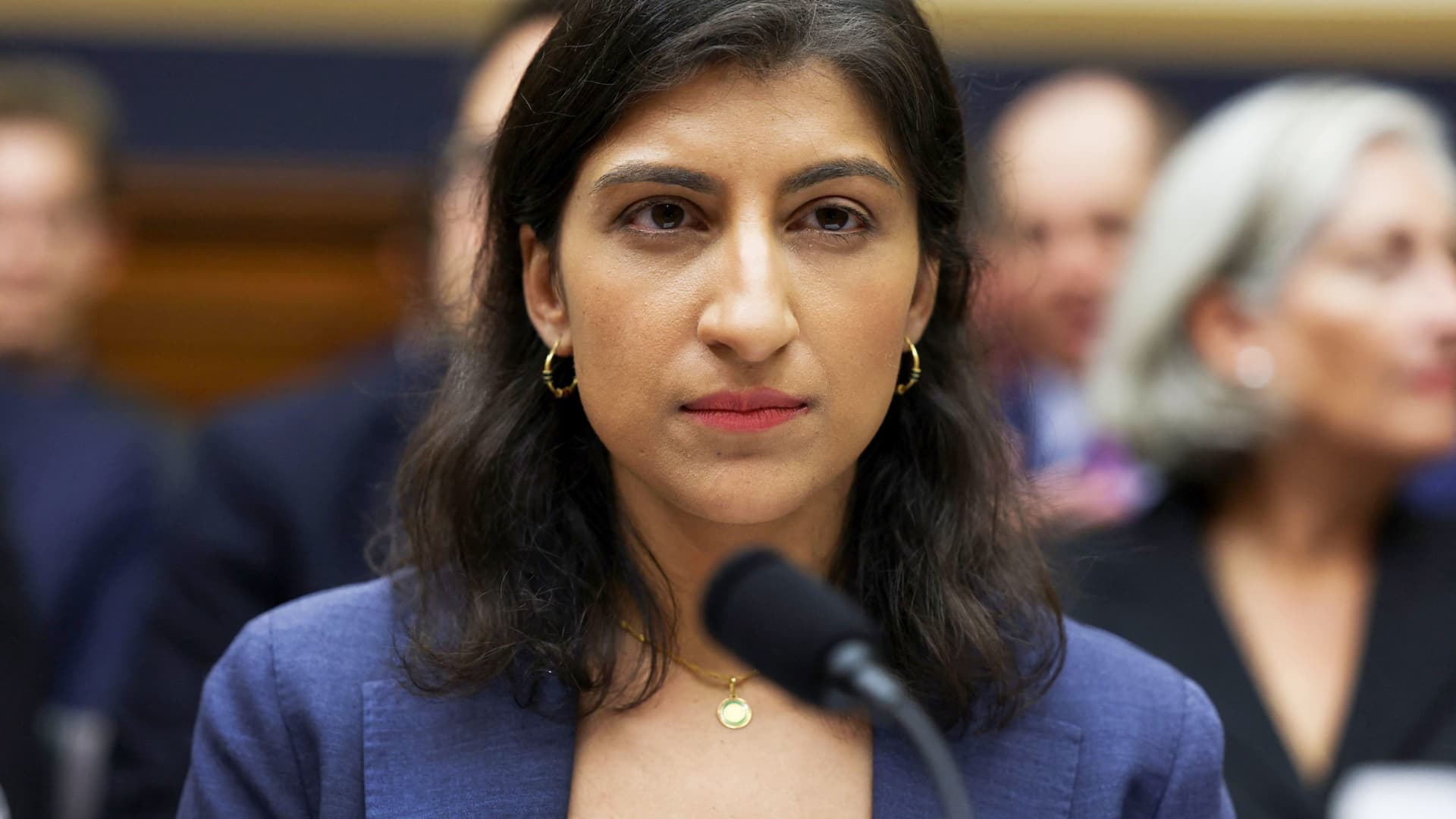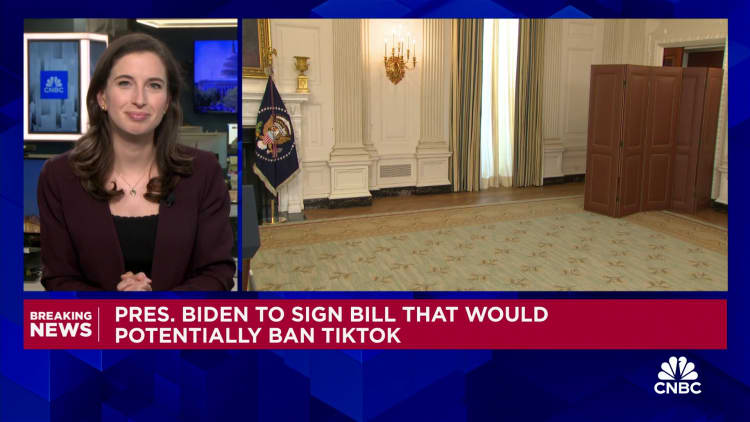Depending on who you ask, the University of Idaho’s plan to acquire the University of Phoenix, a for-profit online school, is either a good deal or a potential disaster.
C. Scott Green, the president of the University of Idaho, said he viewed the $550 million agreement as a hedge against the so-called “demographic cliff,” an expected decline in the number of college-age students.
But critics of the university’s plan, including U.S. senators like Elizabeth Warren, nonprofit organizations and a labor union, have questioned why the state’s top public university would partner with the University of Phoenix, which has been criticized in the past for its low graduation rates and misleading claims that it was recently ridiculed on “Saturday Night Live.”
The University of Idaho is just the latest publicly funded state college to consider partnering with a for-profit company as a way to develop online enrollment. Arrangements at Arizona State, Purdue and most recently the University of Arizona have produced mixed results as higher education faces an existential crisis.
“There are going to be a lot of universities that don’t survive,” Mr. Green, a graduate of the University of Idaho and Harvard Business School, said in an interview.
Mr. Green, who inherited a deficit when he took office in 2019, set out to run the university as a business. He cut spending, laid off employees and consolidated programs. He has also worked to attract students to campus in Moscow, a city in a remote area of the state called the Palouse that is notable for its vast, wheat-covered hills. He even published a book about dealing with the crisis at the university.
Enrollment in colleges across the country is expected to peak next year and then decline precipitously due to lower birth rates following the economic downturn, according to a study by Nathan D. Grawe, a professor at Carleton College.
The number of students enrolling in Idaho has increased slightly recently, to about 7,400 last fall, a 3.4 percent increase since 2022. But the future is bleak, especially for a state with one of the lowest rates of students enrolling in college immediately after high school.
Mr. Green says the University of Phoenix can provide enrollment and revenue. But it brings with it its own complicated legacy.
Founded in 1976, the University of Phoenix grew quickly and by 2010 it enrolled more than 450,000 students, most of them online. It aggressively promoted its brand and even acquired the naming rights to an NFL stadium.
Because the student population is concentrated primarily among lower-income students and veterans, operations have been supported by billions of dollars in government-backed loans and grants. But with its growth came accusations of misleading representation. Thousands of students said they enrolled and accumulated debt but never graduated.
In 2019, the University of Phoenix agreed to a $191 million federal settlement after it was accused of promoting nonexistent deals with companies like Microsoft and Twitter from 2012 to 2016 that helped students find jobs should help. The Federal Trade Commission said it would compensate 147,000 students as a result of these claims.
Alphi Black, an Army veteran from Los Angeles, is trying to get her student loans forgiven after she enrolled at the University of Phoenix following allegedly misleading sales pitches. After she graduated in 2018, she increasingly found this to be a handicap.
Potential employers “kind of laughed,” she said. “They said, ‘This isn’t a real school.'”
But other University of Phoenix graduates say their degrees have been valuable. In December, more than 200 of them wrote to Education Secretary Miguel Cardona in support of Idaho’s takeover.
“We are often dismayed by the level of focus and hatred directed at our alma mater. It appears that some officials believe we should have gotten our degrees from another institution,” the letter to Mr. Cardona said.
Jake Searle, a former Army pilot who lives in Kuna, Idaho, was one of the graduates who signed the letter. A working father who found it difficult to attend a traditional campus, Mr. Searle, now 41, earned two degrees from the University of Phoenix, including an MBA in 2019.
“The University of Phoenix was the first university,” said Mr. Searle, who now works in petroleum marketing. “They were the ones who designed and developed the online platform that I think has taken over every other program.”
The University of Phoenix has changed, according to Andrea Smiley, a spokeswoman for the school. Since 2016, when it was acquired for $1.1 billion by a group of investors including funds affiliated with Apollo Global Management, the company has completed underperforming programs and seen higher completion rates. Apollo Global is led by billionaire Marc Rowan, who led the recent donor revolt at the University of Pennsylvania that led to the resignation of its president, M. Elizabeth Magill.
“The University of Phoenix is proud of who we are today and the value we provide to our students and alumni,” Ms. Smiley said in an email, citing “improving student outcomes, positive external reviews from our accreditor and our students’ satisfaction with our career-oriented education and our financial health.”
Emphasizing the value of its enrollment, which the university says it has intentionally reduced to a manageable 85,000 students, and its net income of about $75 million, the University of Phoenix shopped around.
It wasn’t a smooth process. Last year, the University of Arkansas Board of Trustees rejected a proposal even as the chancellor pushed for a $500 million settlement.
“Why would you lie down with a dog?” They’re going to get fleas,” said CC Gibson III, an Arkansas attorney and former university board member, citing Phoenix’s reputation problems.
In Idaho, the plan has shaken state politics. While Gov. Brad Little has endorsed it, Raúl Labrador, the state’s attorney general, is suing for the blockage. Mr. Labrador is questioning the secrecy of the Idaho State Board of Education’s vote last year that approved the complex agreement that would technically see the University of Phoenix taken over by a newly formed nonprofit organization.
Members of the Idaho Legislature are questioning the deal, backed by a legal opinion from a state government attorney who says the board doesn’t have the authority to approve it. The controversy was fueled when Idaho Education News revealed that the University of Idaho had paid the law firm Hogan Lovells, where Mr. Green previously served as chief operating officer, more than $7 million for advice on the deal.
“From what I see and what I know about corporate takeovers and restructurings, there is significant risk in this deal,” said Rod Lewis, a former general counsel for a major technology company who also once chaired the board that oversees the state’s public universities .
In a recent opinion piece outlining his reservations, Mr. Lewis asked whether the state might opt for a $685 million bond proposed to finance the deal.
There’s also a feeling that the University of Idaho may be late to the party. Arizona State University and Purdue already sponsor large online programs, said Byron Jones, the former chief financial officer of the University of Phoenix.
“The online market itself is kind of leveling off because of saturation rates,” Mr. Jones said.
At the University of Arizona, a budget crisis has raised questions about its 2020 acquisition of for-profit Ashford University. Robert Shireman, a former deputy undersecretary at the U.S. Department of Education, points to the program currently running at a loss. as a warning sign that public universities face “countless dangers and complications” when partnering with for-profit schools.
Still, the enrollment cliff won’t go away.
Although Idaho is not among the states expected to be hit hardest, Green said other universities were already trying to poach his potential students. At a recent recruiting event at a high school in Idaho Falls, universities from as far away as Tennessee showed up, he said.
“Our competitors are already here,” Mr. Green said. “I mean, it was incredible. You know, people are going to take our students because they’re desperate.”
Source link
2024-03-02 15:05:07
www.nytimes.com







